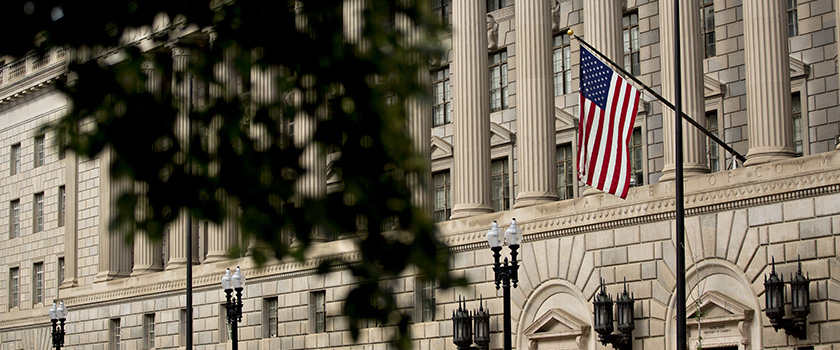Confirmation that inflation is falling around the world could be the best news we get in 2024.
“Prices of services are continuing to resist, but goods are seeing significant falls,” according to UBP’s Patrice Gautry. The 2% inflation target that central bank officials have stoutly defended seems to be within reach. “In the US, inflation is likely to move back to 2.3% by the end of 2024, with core inflation (excluding food and energy) falling to 2.5%,” he believes. In the eurozone, figures should be similar, and inflation could even fall to “around 1.8% mid-year” because of the high base for comparison.
“Background noise”. Prices are the key factor on which everything else depends: if inflation comes back under control, monetary policy will be loosened, allowing a recession to be avoided. “Global economic growth will slow from an already-moderate level, but will not disappear completely,” predicts UBP’s Chief Economist. Emerging markets will fare much better than OECD countries, with average GDP growth of 4% expected for the former and only 1.2% for the latter, although there will obviously be variations within those averages. For example, “growth will probably rebound in the US during the year and should move close to its long-run potential figure of 2% by the end of 2024. Things will be more difficult in the eurozone, with new growth drivers proving slow to arrive in Germany,” adds Patrice Gautry, who expects Europe to be the “weak spot” in geographical terms in 2024.
However, fiscal policies should continue to provide support. Each country is justifying its position by saying that it’s spending money more effectively and wisely, for the future and for the energy transition. And the US is obviously starting an election year. Patrice Gautry continues. “So budget deficits will widen and the background noise caused by debt levels will get louder as debt/GDP ratios increase.” This will not prevent a series of rate cuts, which should total at least 100 basis points in Washington and probably 75 basis points in Frankfurt, but not before the second half of the year. In his view, central banks cannot start the next phase of the cycle before being sure that the pressure on the US jobs market and European unit labour costs has eased.
UBP’s experts are expecting corporate earnings growth of 7% in 2024, which is good news for the stockmarket. The bank’s portfolios favour Wall Street, and remain significantly exposed to technology (software and cloud services) and sectors seeing secular growth (electrification of the economy, healthcare etc.). “We would like to increase the proportion of equities in our portfolios, but we need a good reason to do so. That could be a market correction, but one that does not involve a change in the macroeconomic scenario,” Patrice Gautry explains. UBP’s balanced portfolio currently consists of 50% equities and 50% bonds.









